South Africa's biggest city, and one of the largest urban areas in the world, Johannesburg has a rich history.
The area was first populated by the San, followed by those from Sotho and Tswana tribes whose kingdoms stretched from Botswana, to Lesotho and the Pedi areas in the north. Many of the villages were destroyed during the Mfecane wars.
The area's identity changed with the discovery of gold in the late 1800s. Since then, Johannesburg has been shaped by mass migration and political developments.
With photos from the Getty Images archives, Business Insider South Africa tracked some of the city's changes since the 1900s.
Soweto
Many came to the City of Gold in search of riches. As a result, people of many nationalities came to live together. Government-enforced separation followed.
The South-western Township (Soweto) was founded on the Klipspruit and Diepkloof farms in the early 1800 to early 1900s.
Black people were allowed to buy property in Sophiatown, which was established in 1903, as well as in Alexandra, built in 1912, and Soweto.
Sophiatown
Originally part of the Waterfall Farm, it was bought by Hermann Tobiansky and named after his wife, Sophia in 1897.
Toby, Gerty, Bertha and Victoria streets are named after his children.
In 1955, thousands of black people were forcibly moved from Sophiatown to Meadowlands in Soweto.
Johannesburg CBD:
Eloff Street
Harrison Street
The Standard Bank building can be seen on the left.
General Post Office (on Rissik Street)
The post office was built in 1897 and designed by Paul Kruger's architect, Sytze Wierda (Wierda Park in Centurion carries his name).
It became a national monument in 1978 and remained operational until 1996 when the South African Post Office vacated the building.
Commissioner Street
Simmonds Street
Receive a single Whatsapp every morning with all our latest news: click here.
Also from Business Insider South Africa:
- South Africans now spend more on fuel than on new cars – for the first time since 2014
- What happened on Facebook's nightmare conference call that wiped out almost R2 trillion in market value in 90 minutes
- Vodacom, kulula, and Unisa’s websites are now being declared insecure by Google’s browser
- Government has trumpeted China's pledge of R193 billion – but South Africa has invested much more than that in China
- Burger King South Africa is giving away 'friendship' vouchers – and McDonald's says no one cares



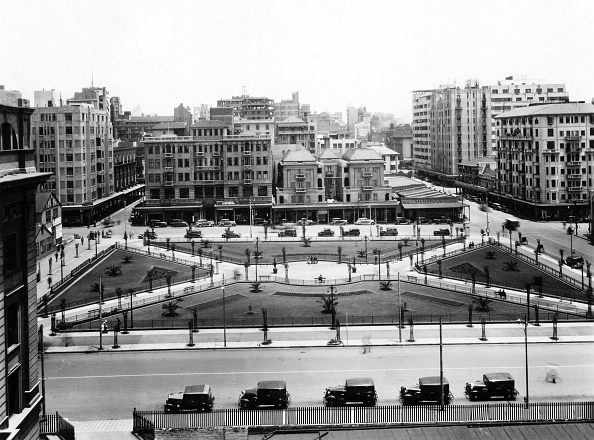
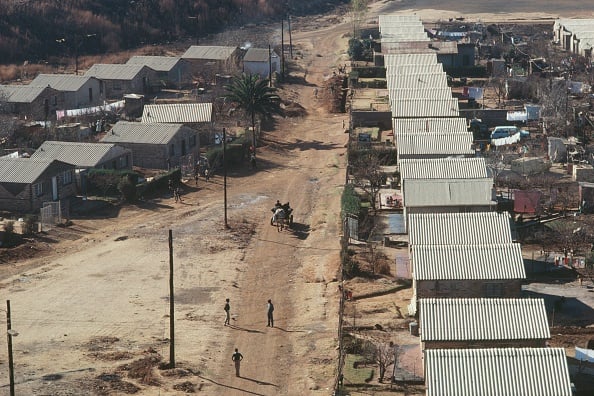
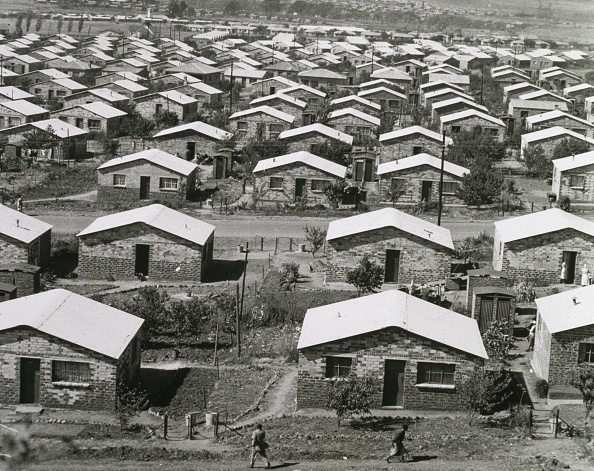

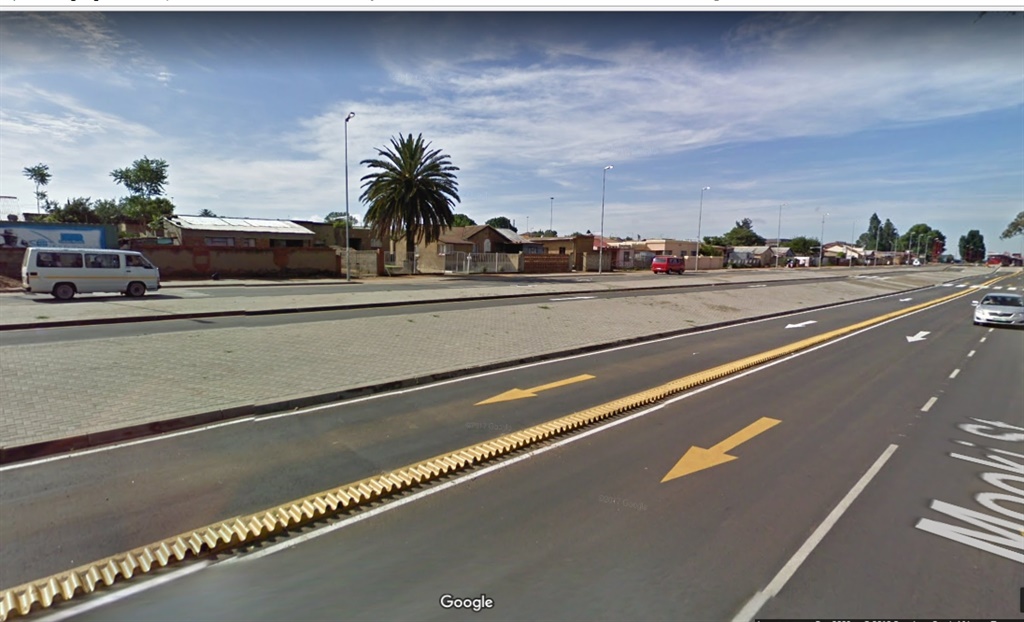
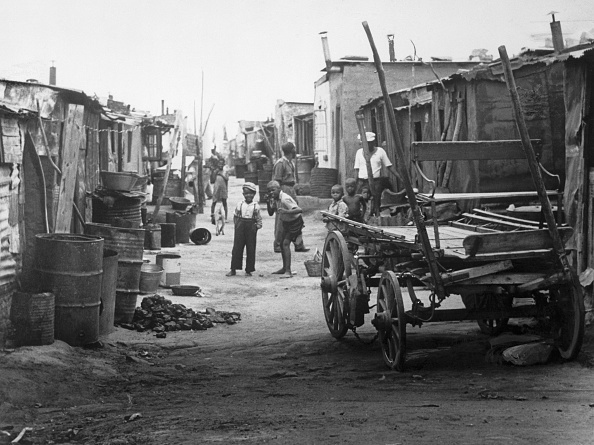
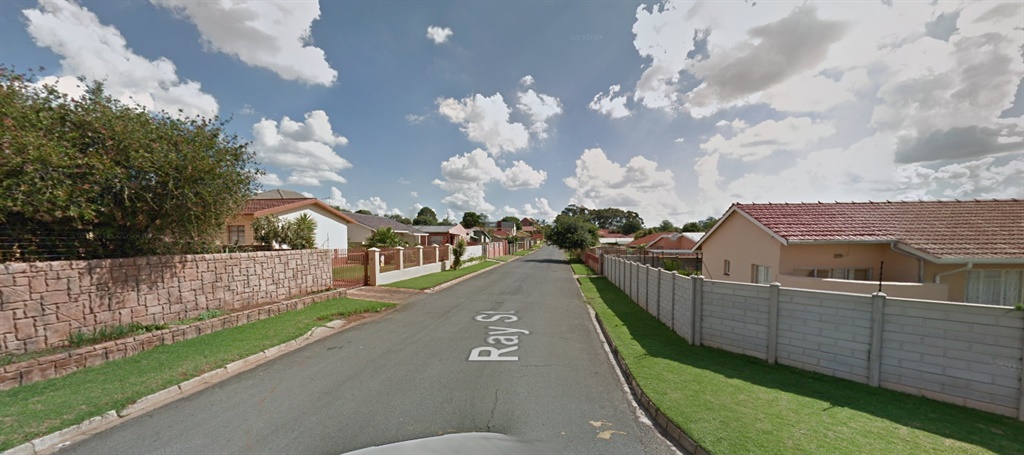


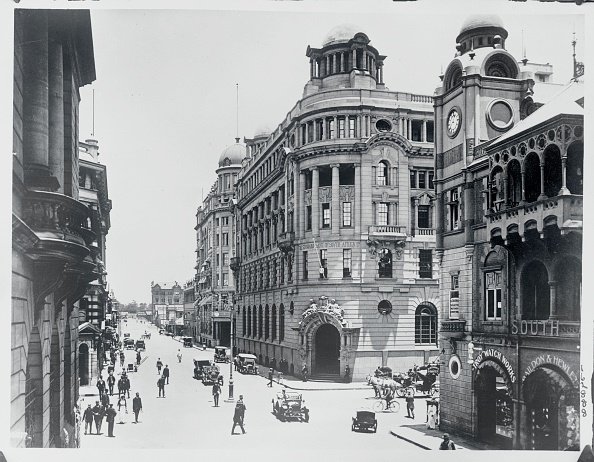

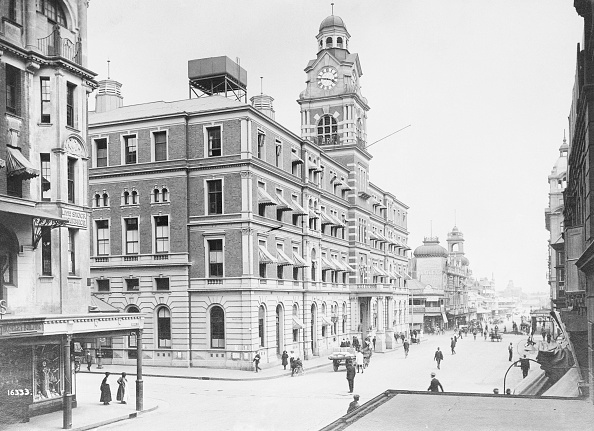
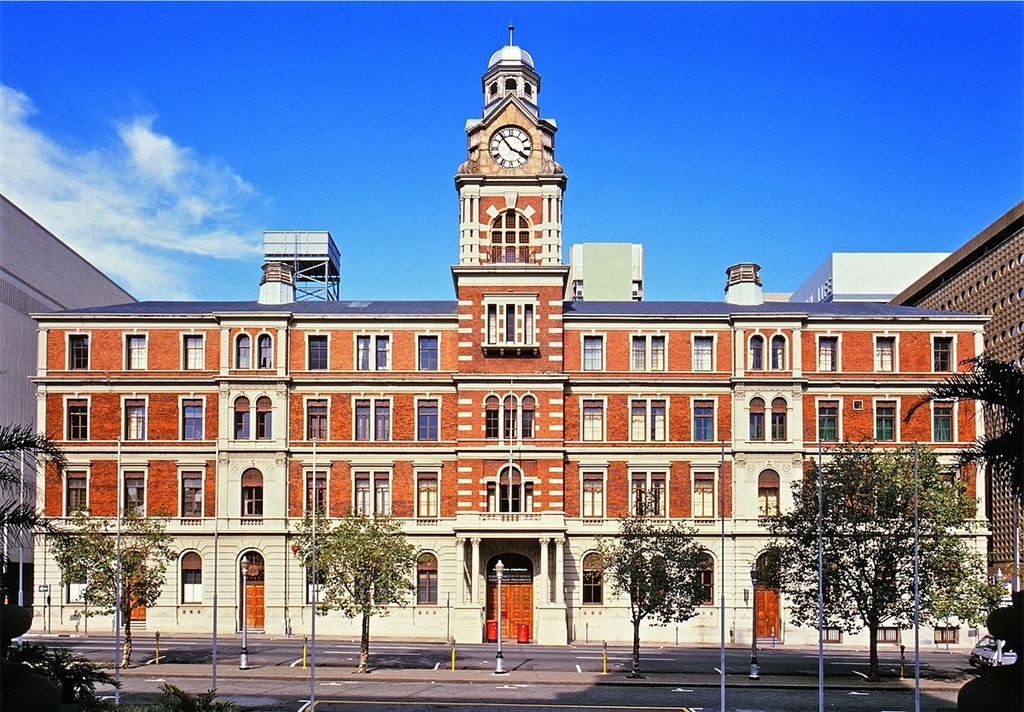
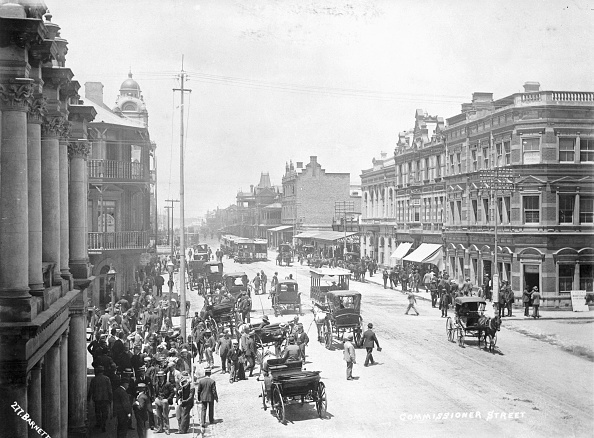

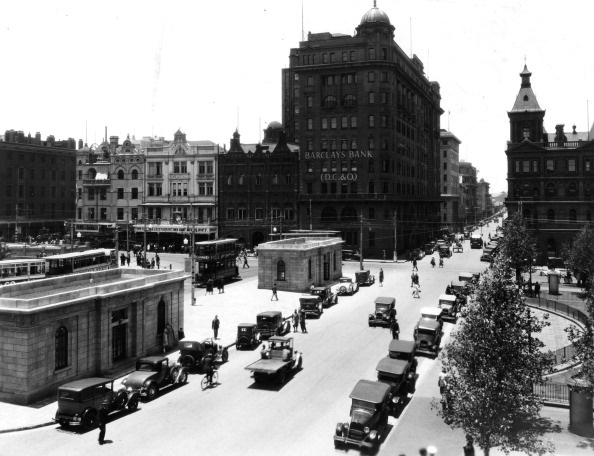




No comments:
Post a Comment